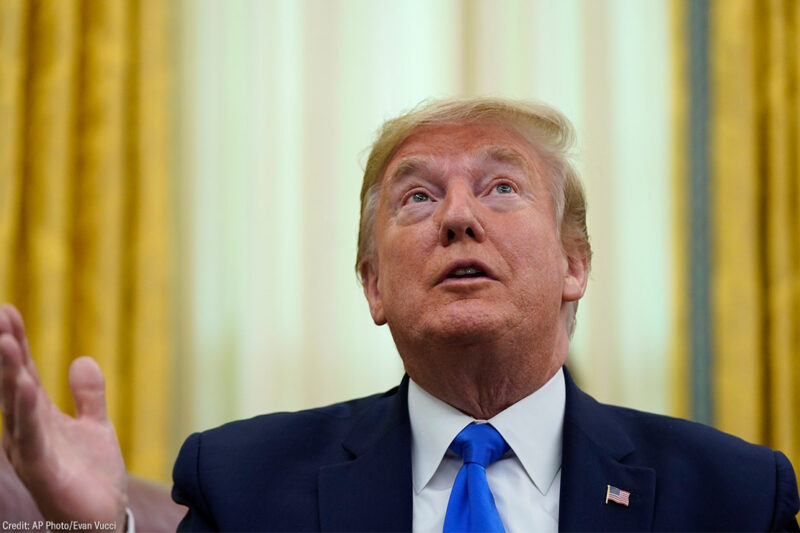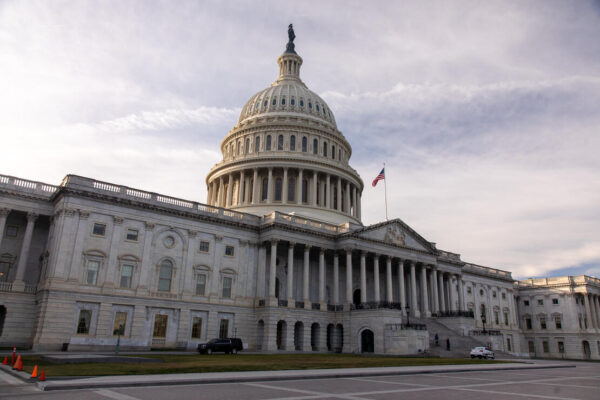No One, Not Even Trump, is Above the Law


Next week, on May 12, the Supreme Court will hear arguments in three cases about whether President Trump can block subpoenas issued to his banks and accountant to hand over his personal financial documents in connection with investigations of potential crimes. We argue that Trump, no less than anyone else, has no right to block such subpoenas. No one, not even the president, is above the law.
Our amicus curiae briefs for the cases, Trump v. Mazars/Trump v. Deutsche Bank AG and Trump v.Vance, make the case that his office does not permit him to block his accountants or banks from complying with legal requests for these documents. Should Trump be permitted to block his accountant from complying with the law and congressional oversight, it would put the rule of law and the separation of powers at risk.
In a recent New York Book of Review essay, ACLU National Legal Director David Cole outlines the argument. An excerpt is below.
“During the 2016 presidential campaign, Donald Trump boasted, ‘I could stand in the middle of Fifth Avenue and shoot somebody and I wouldn’t lose any voters.’ He now argues that as president he couldn’t even be investigated for doing so. In three cases that have reached the Supreme Court, Trump is seeking to block subpoenas issued in connection with investigations of his conduct as a private citizen. In Trump v. Vance, the district attorney of New York City, Cyrus Vance Jr., subpoenaed Trump’s personal financial records, including his tax returns, for a grand jury investigation into whether several people committed crimes by paying hush money to an adult film star, Stormy Daniels, to stop her from talking about her sexual relations with Trump in 2006, while his wife, Melania, was recovering from giving birth to their son, Barron. In two other cases, Trump v. Mazars and Trump v. Deutsche Bank, congressional committees have sought similar records in connection with oversight hearings on whether Trump has conflicts of interest with foreign institutions and officials, has misstated his assets to avoid tax liabilities, or has violated financial disclosure obligations.”
“Trump claims… that this authority ought not to extend to investigations of the president. He contends that he should be immune from all state criminal investigations as long as he remains in office. And he objects that the congressional committees are impermissibly pursuing law enforcement objectives, not legitimate inquiries to inform legislation.”
“There are good reasons to be vigilant about the rights of those called to testify or produce documents by grand juries and congressional committees. The McCarthy era demonstrated that both institutions can be abused to target dissidents and chill constitutional freedoms. But Trump makes no such claims. His objections to both the grand jury and congressional investigations ask the Supreme Court to exempt the president, even in his personal capacity, from the laws that apply to the rest of us. But the notion that neither a grand jury nor a congressional committee can even request records that may reveal private illegal conduct by the president, simply because he is the president, undermines two of the most fundamental principles of our constitutional system: that checks and balances are absolutely essential, and that no one is above the law.”
You can read the full essay, “Trump is Not Exempt” here.


